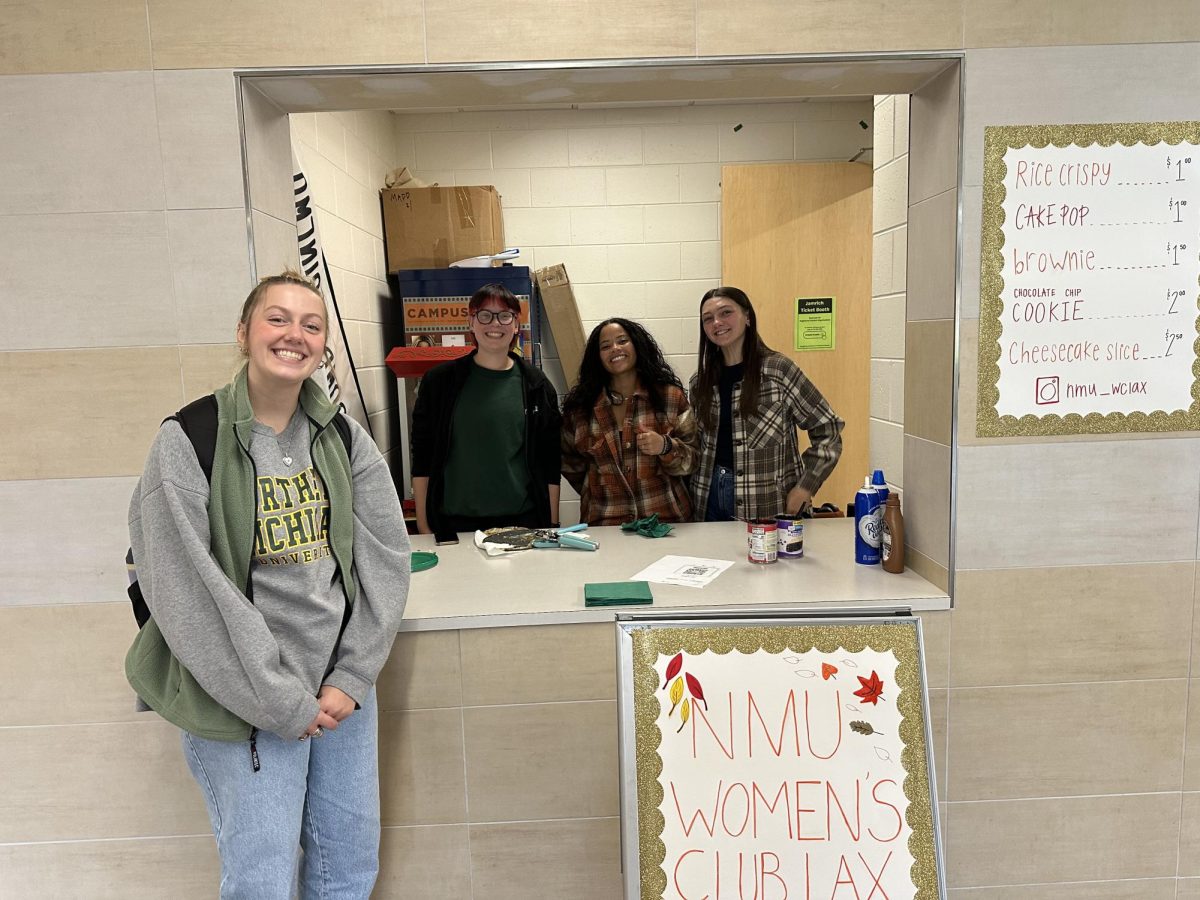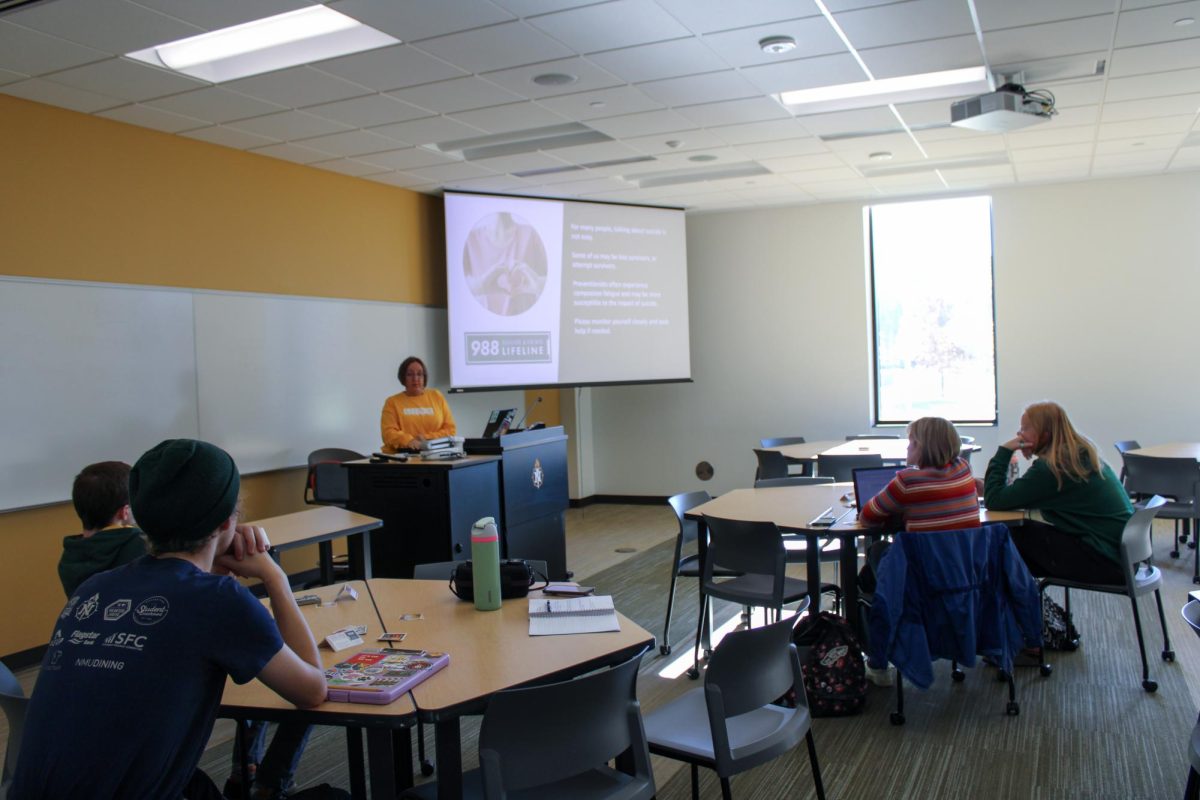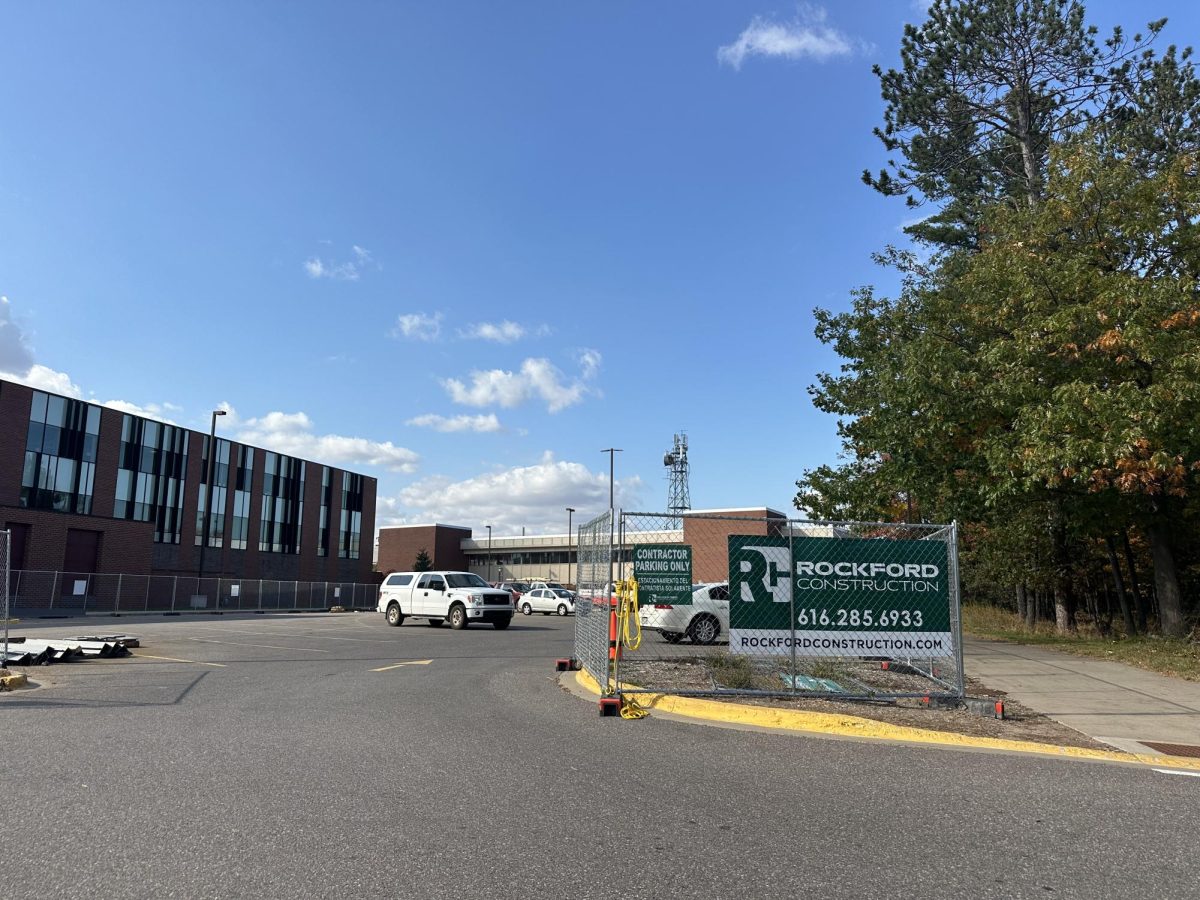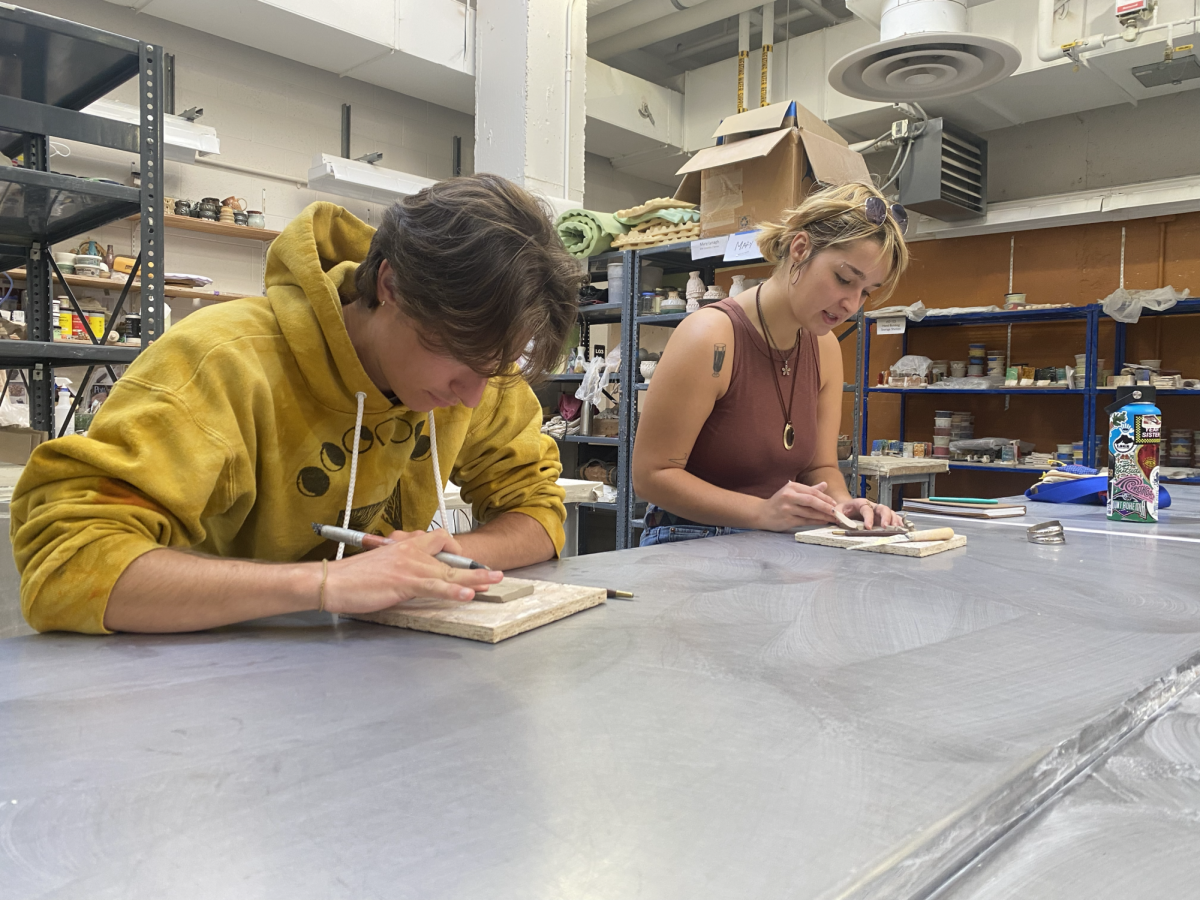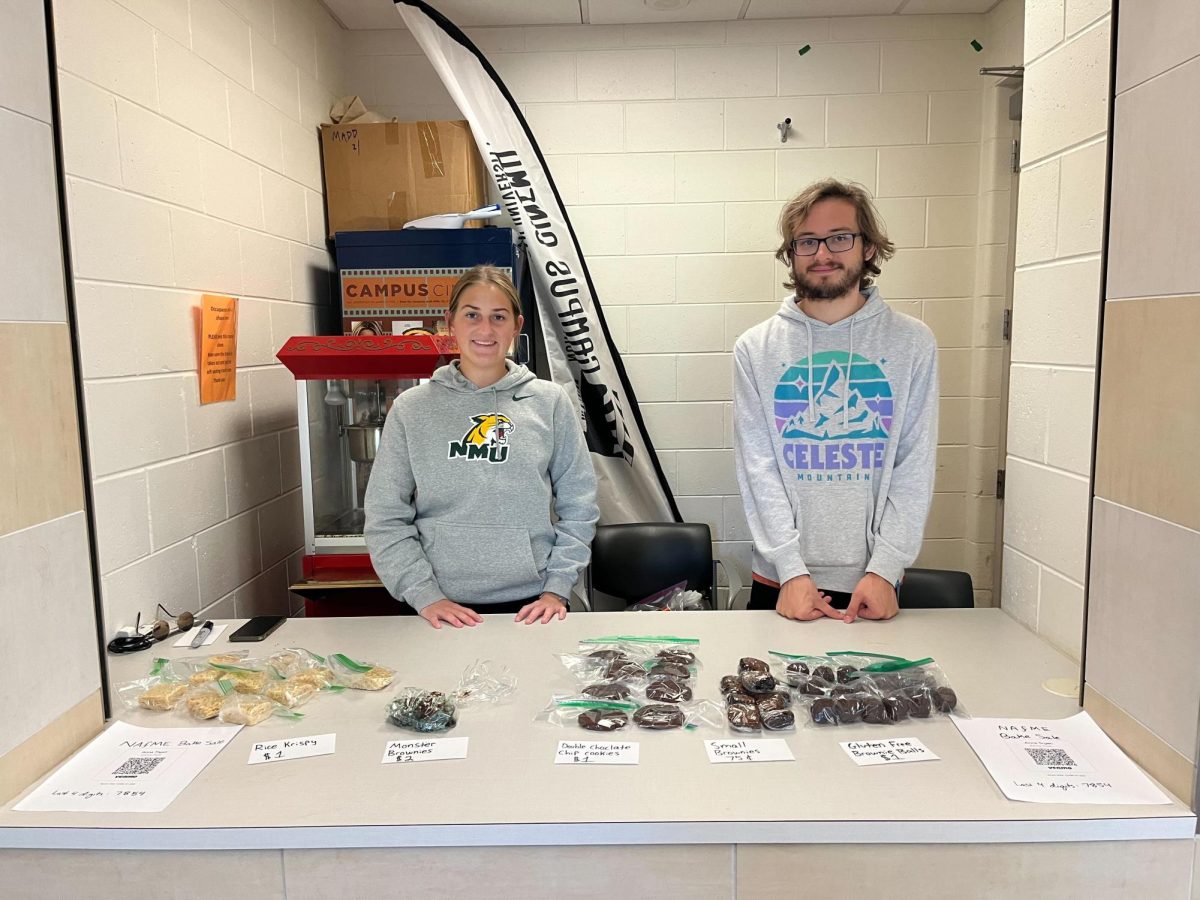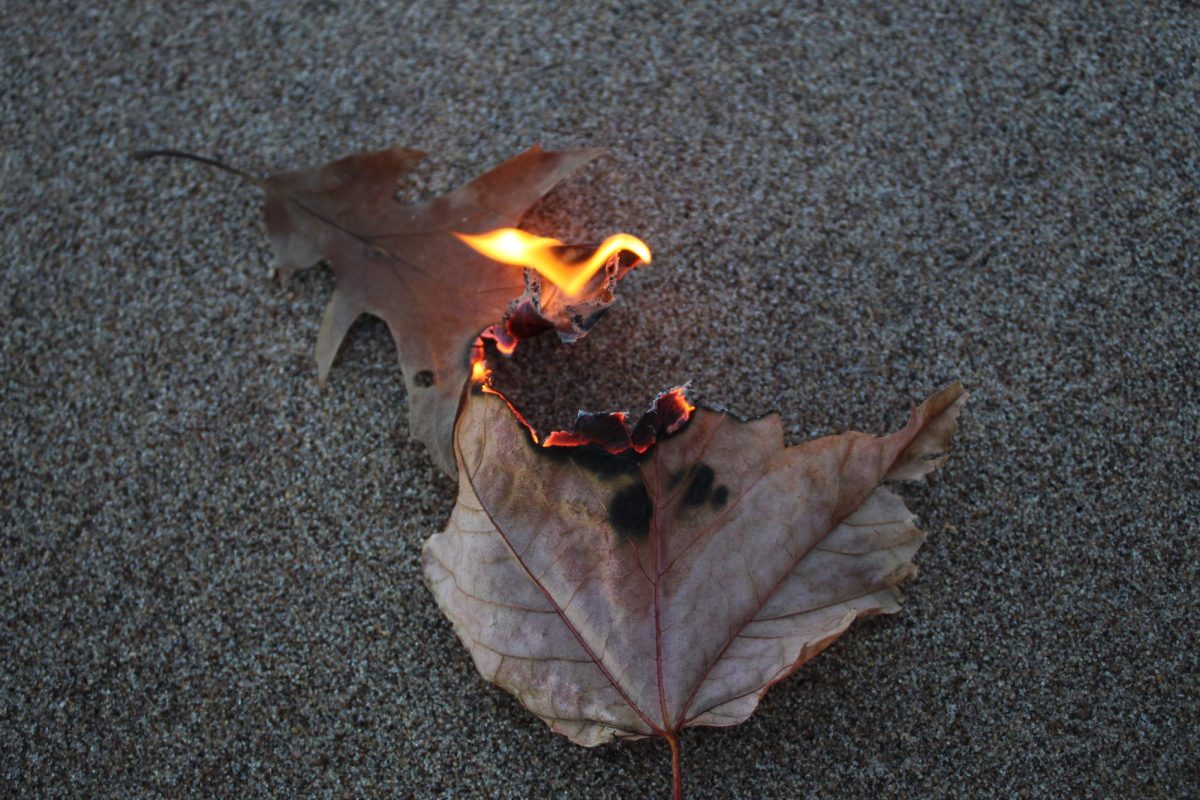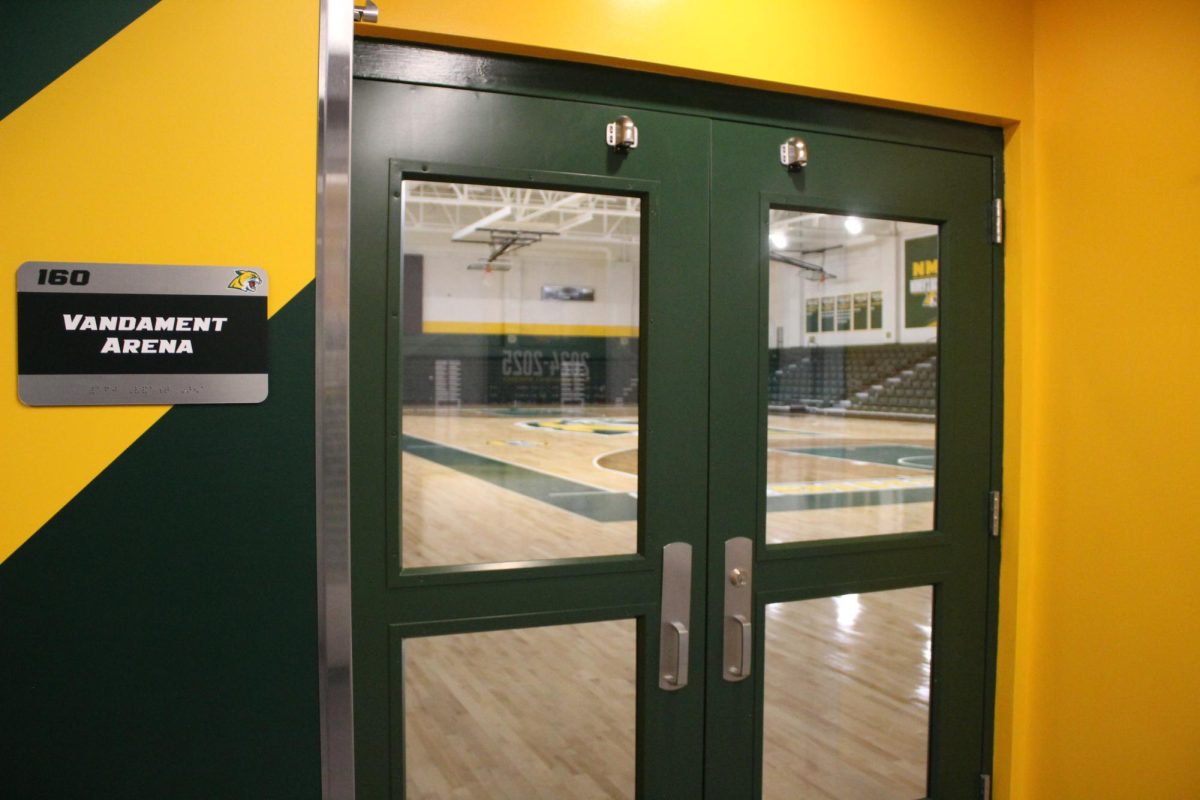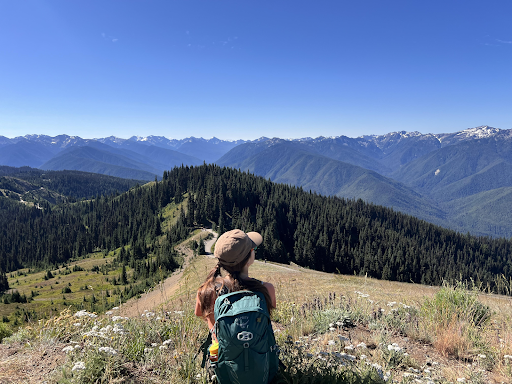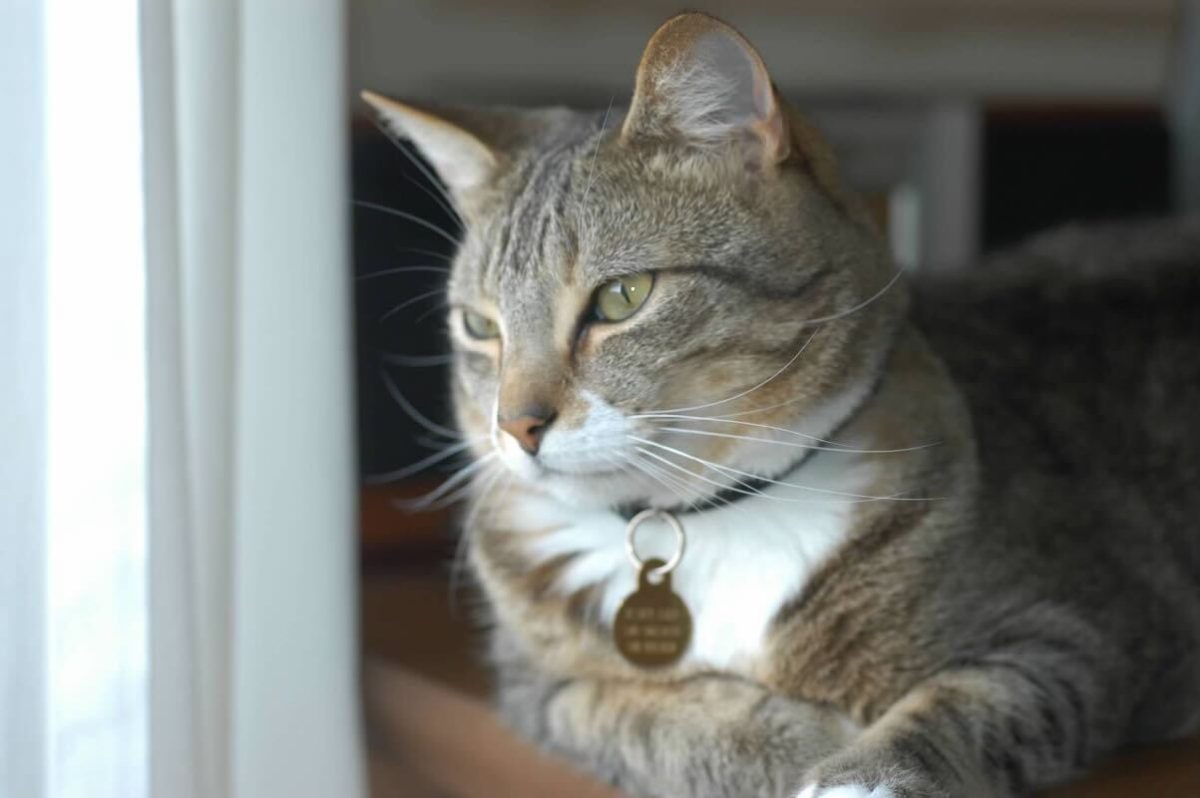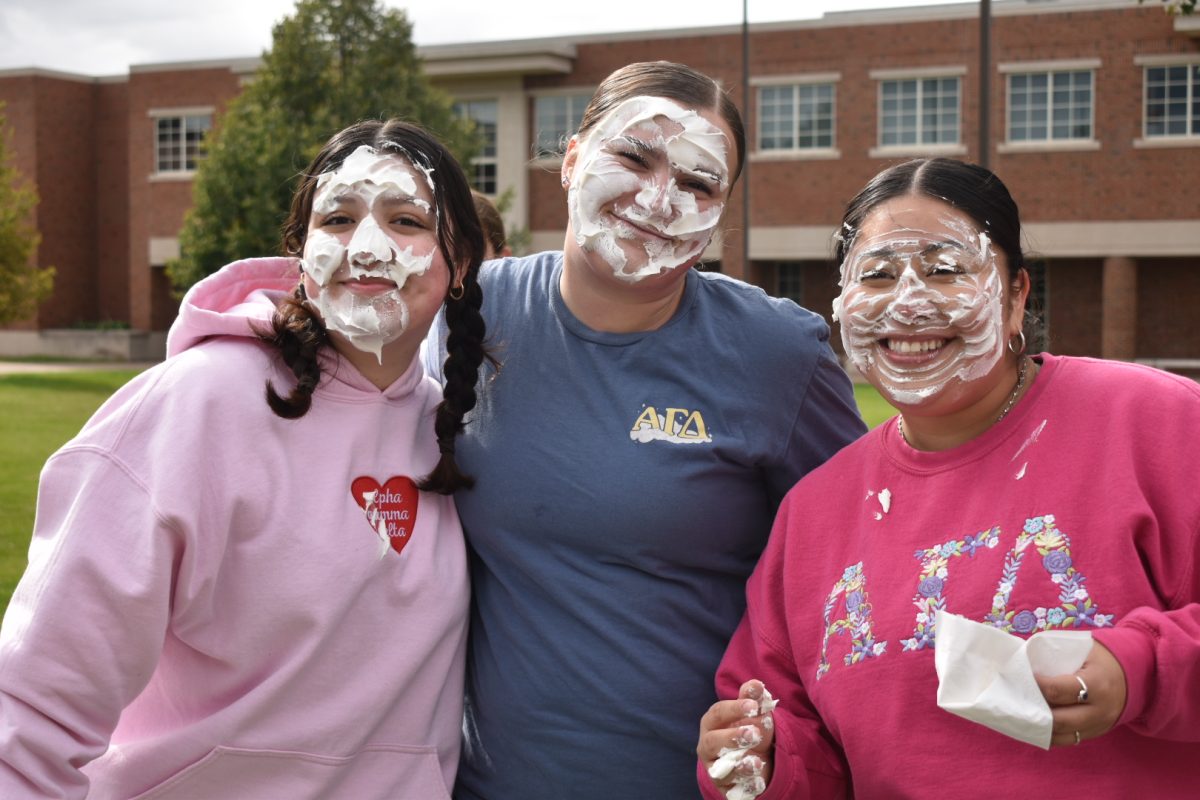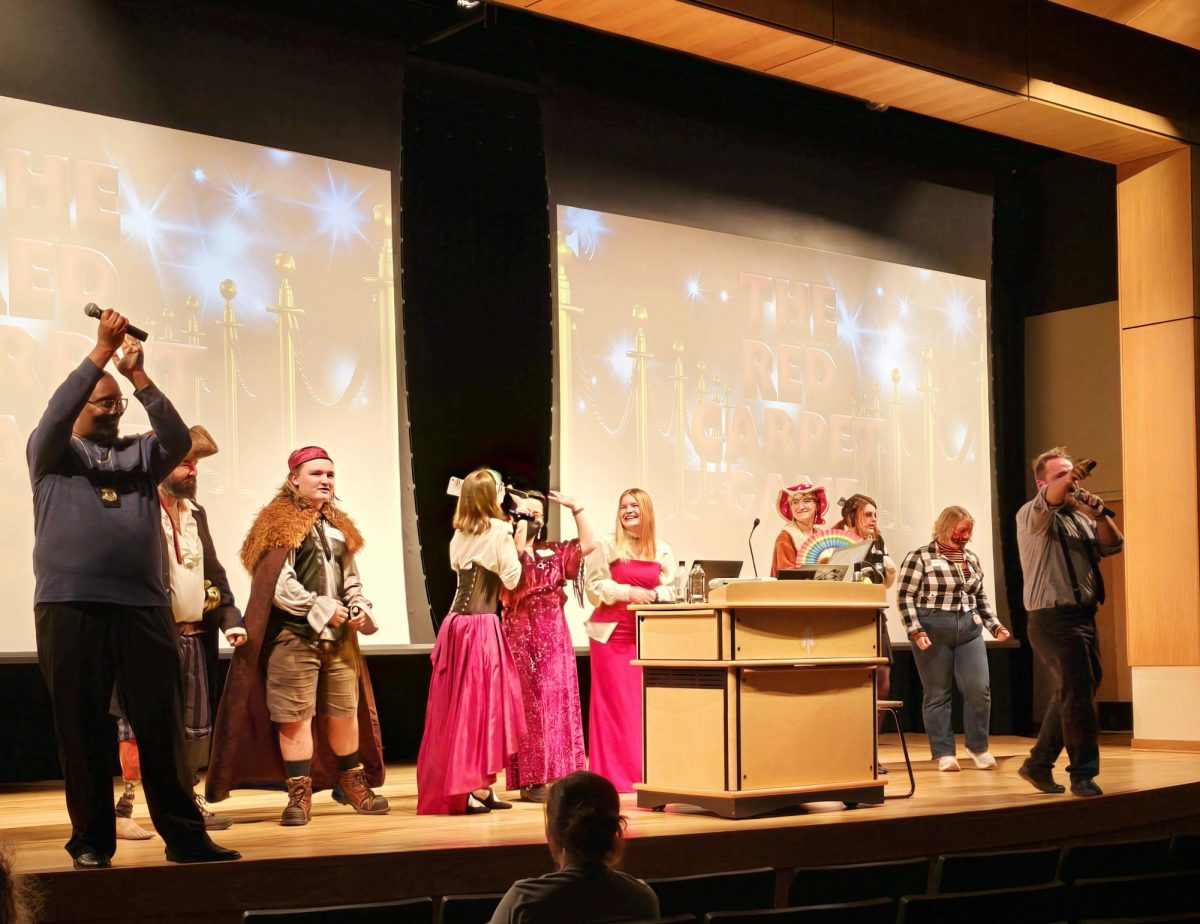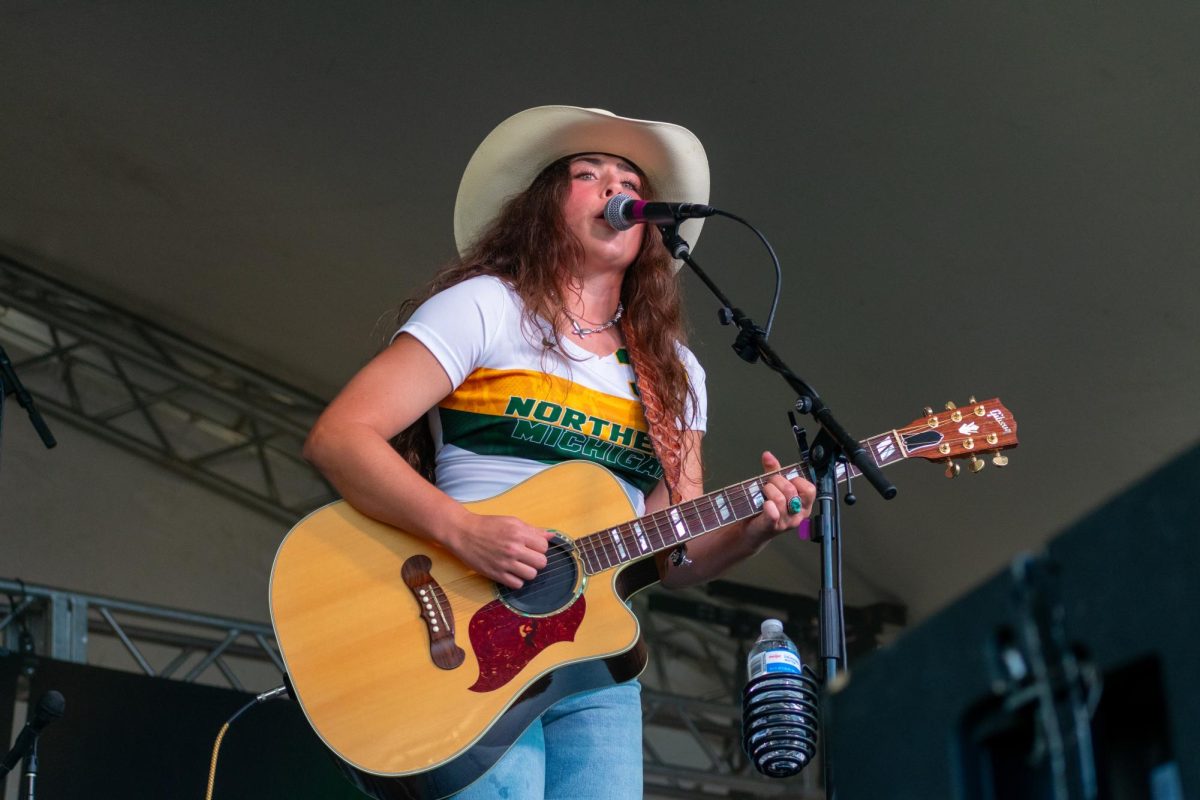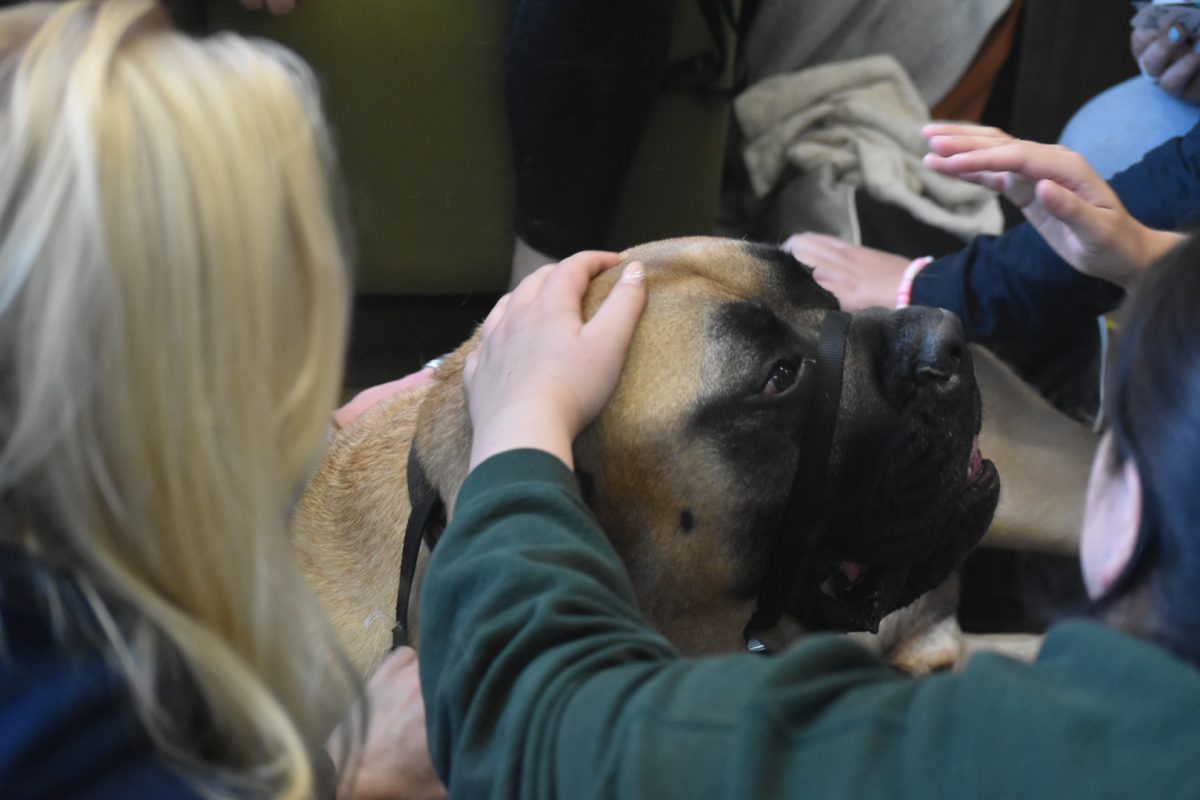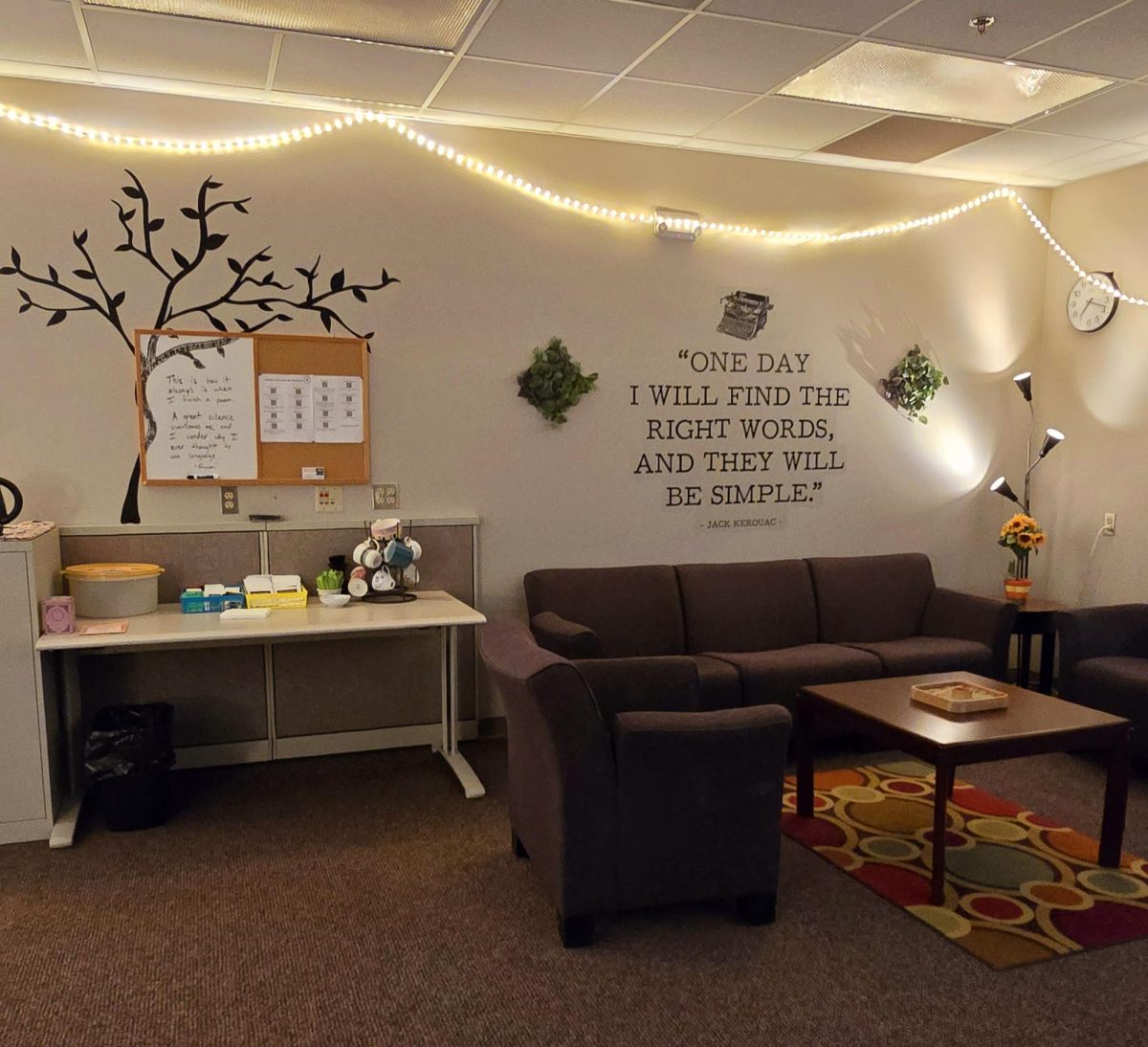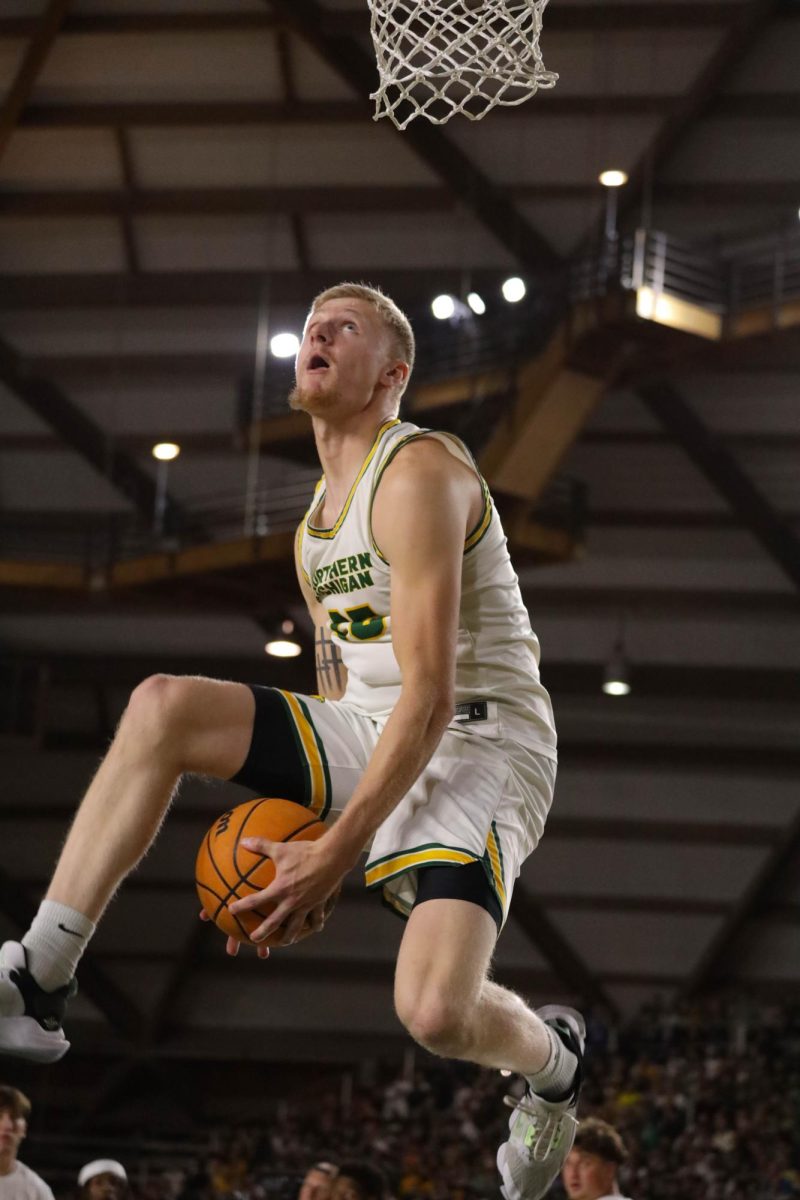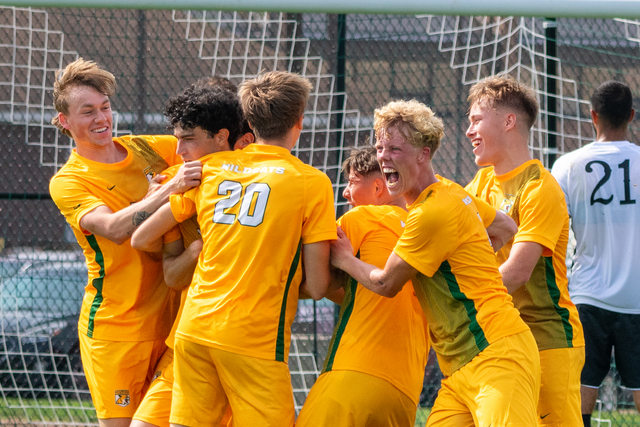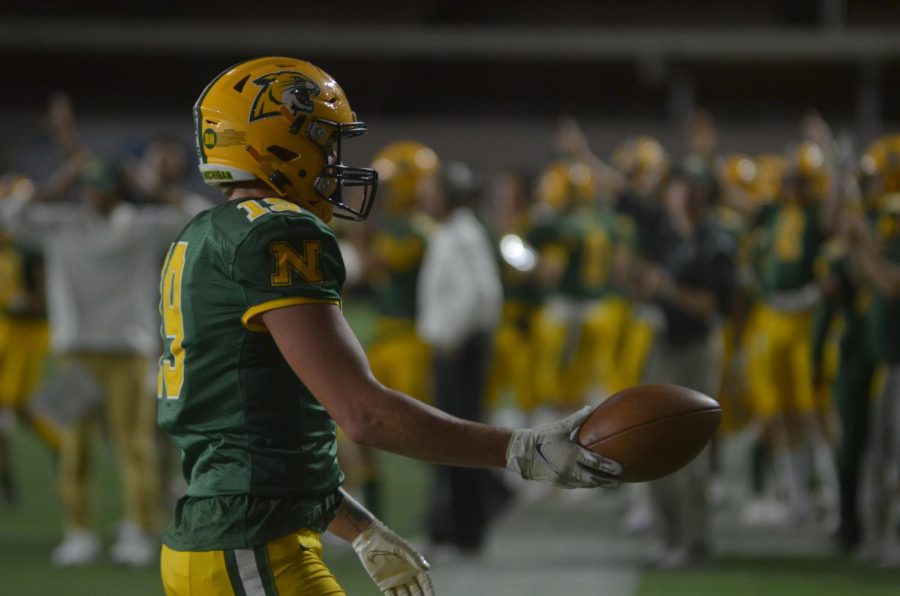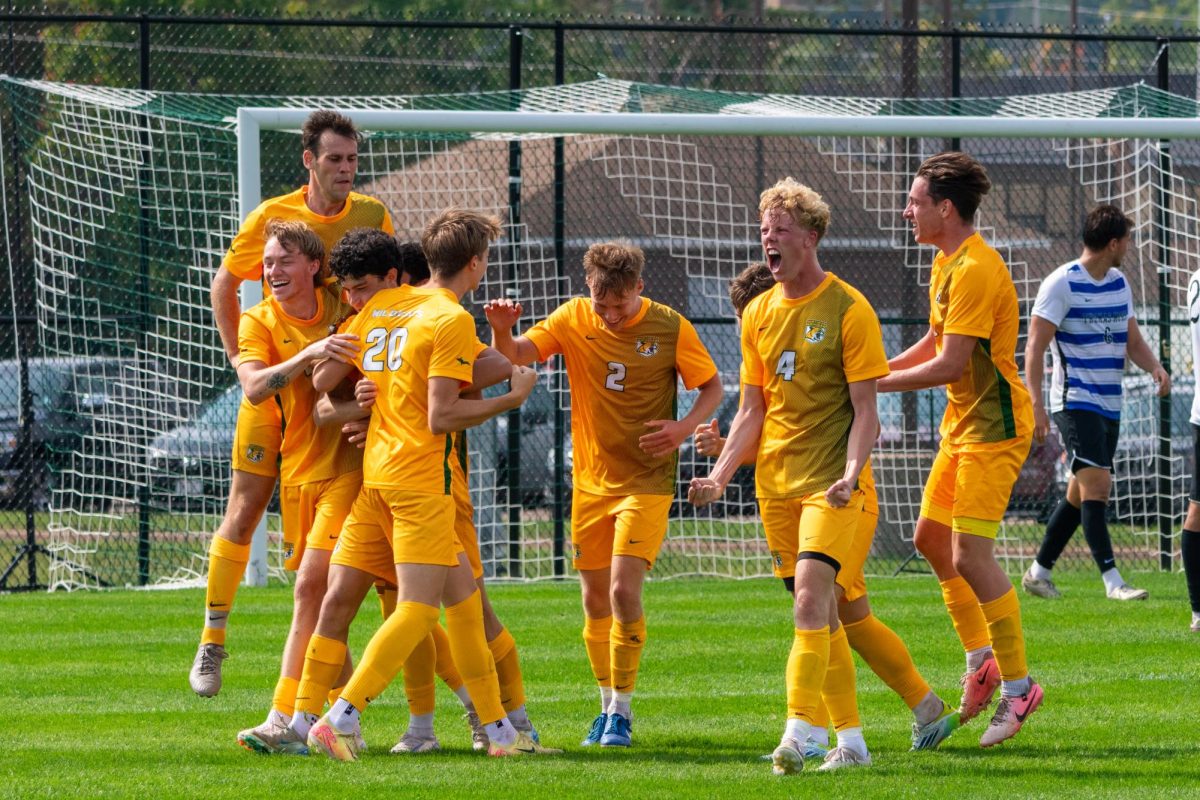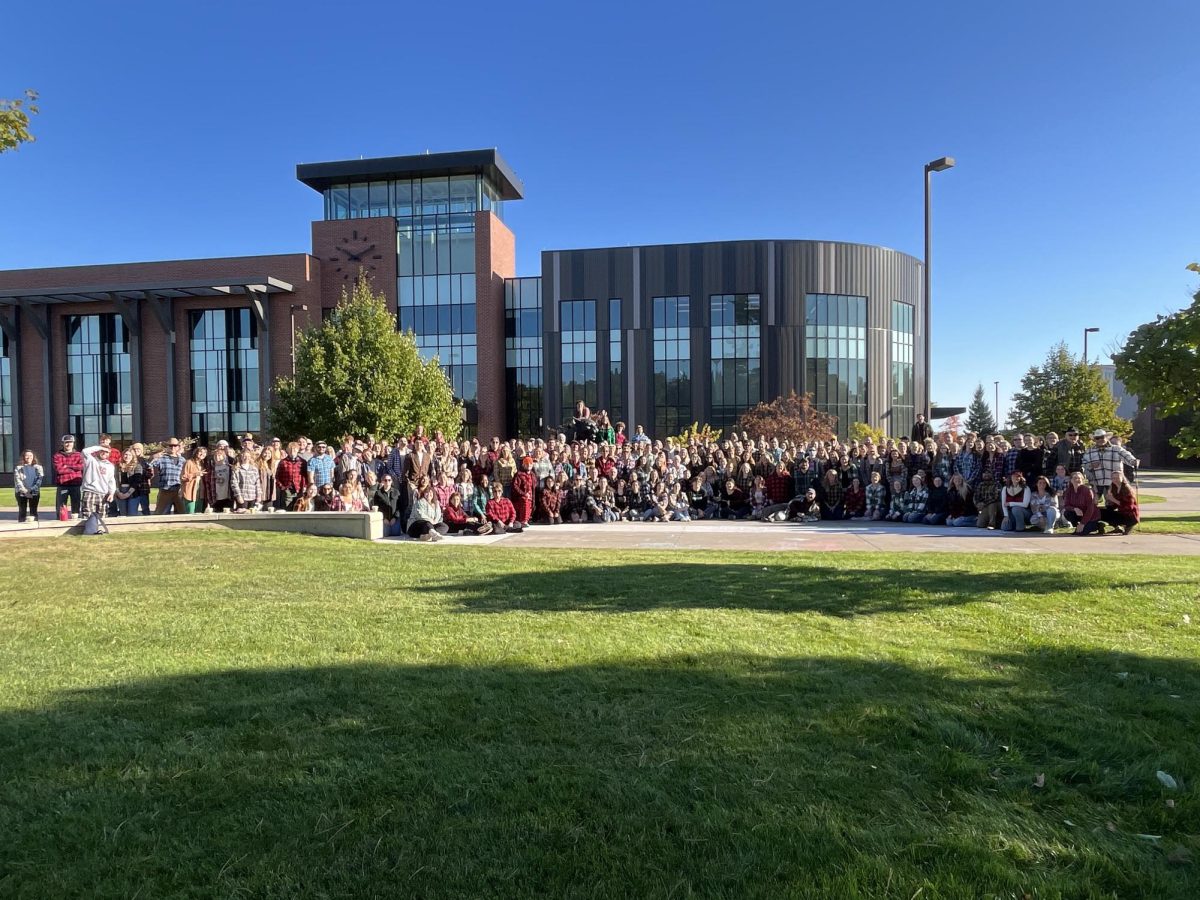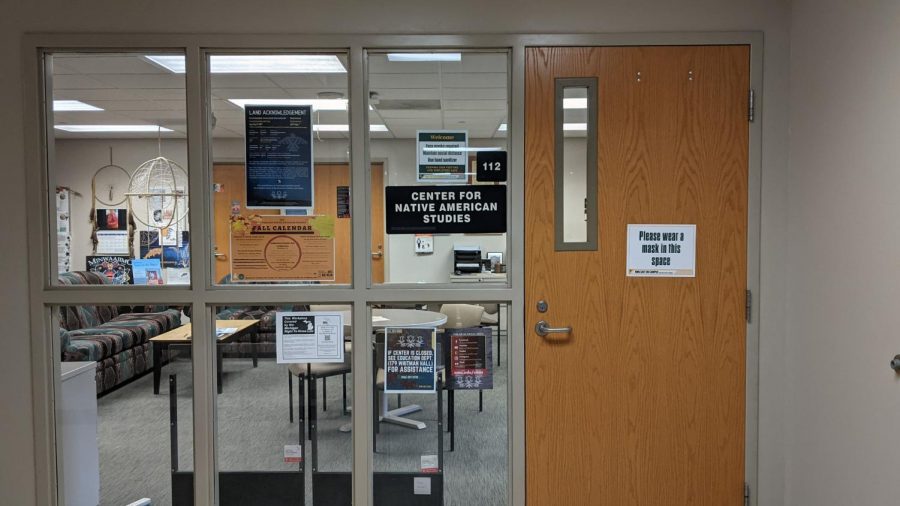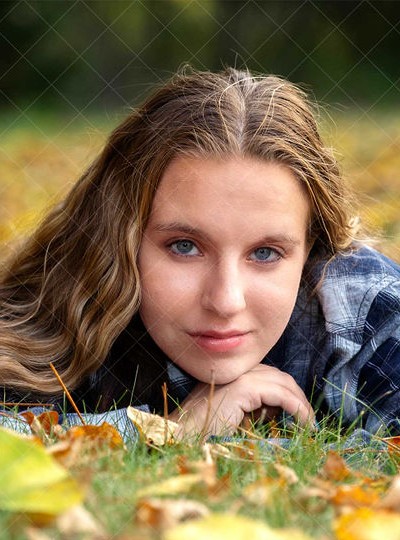Partnership helps heal generational wounds in Indigenous communities
The Center of Native American Studies is partnering with the Department of Social Work to start the Walking the Path Together program. The program has been helping students get into Native communities and work with volunteer agencies.
September 24, 2021
The reality of abuse in tribal communities has made its way into the news all across the country. Amidst the many programs and projects that started to help protect Indigenous communities, the Social Work Department and Center for Native American Studies started a project of their own. The Mino-bimose’idiwag Project put their first group composed of four interns in five tribal-run victim service centers in the U.P. this past summer.
Mino-bimose’idiwag translates to Walking the Path Together. WPT works with victim services in the U.P. that deal with domestic violence, sexual assault and transitional housing programs. They establish relationships with victim services to help address different staffing issues, said Sierra Ayres, the program coordinator of WPT.
“We usually try to invite students who might be interested in working in a social work field or social services or interested in working with Native communities but might not know yet if that’s like the path they want to take,” Ayres said.
The program consists of a 96-hour internship at victim service centers in tribal communities. It is open to any student interested in social work, said Ayres.
Types of work that the interns do during their internship may be different for those majoring in social work and students majoring in other areas. Students majoring in social work may do more work in the field shadowing social workers, while those outside the major are doing more learning. The expectations are higher for a bachelor or master of social work in completing goals and tasks, said Ayres.
“The aspect of increasing interest in the field is also being able to educate folks about thinking about how we can end violence and how we can address violence in different communities,” Ayres said.
The training in the program includes Indigenous motivational interviewing (a non-judgmental, non-confrontational and empathic method of communication), said Madi Sweat, a graduate assistant in the social work program who coordinates between the program and the interns.
“We are bringing in a trainer from Mexico who developed this method of interviewing for motivational interviewing,” Sweat said. “She took it and implemented the Indigenous perspective.”
The director for the Center for Native American Studies, April Lindala, applied for a grant entitled “Developing Future Victim Specialists for Indian Country” which was designed for rural and remote Indian country locations, funded by the Office of the Victim of Crimes.
“When I read the title, I thought to myself, ‘NMU is a perfect fit,’” Lindala said.
There are eight tribal nations within a three-hour radius of NMU, five of which are located in the U.P. Lindala met with the Keweenaw Bay Indian Community’s tribal council for its support. Lindala and Abigail Wyche, the academic department head of social work, were co-principal investigators on the project.
The first round of the project “Serving Native Survivors Circle” was only one of three awarded the grant in the nation.
“The award served as a catalyst to find ways to weave our curriculum offerings together more succinctly,” Lindala said.
The second round of writing the grant proposal, which produced the “Mino-bimose’idiwag Project,” came after a social work student interned in the Hannahville Indian Community, which was instrumental in helping with the grant proposal, said Lindala.
“Ideally, the short-term goal would be to see successful placements of NMU students with tribal communities along with an increase in American Indian student enrollment at NMU,” Lindala said. “The long-term vision would be to strengthen relationships with tribal nations in the region.”
Lyndie Unterkircher, a senior majoring in biology, interned over the summer and was stationed at the Delta Regional Child Advocacy Center in Escanaba, helping with intern-based work and shadowing advocates, who are social workers who fight for the rights of others and work to get resources for those who cannot get the resources themselves. She also was able to sit in on forensic interviews which is the process-trained professionals use to get factual information about incidents of alleged child abuse.
“I really liked shadowing the advocate,” Unterkircher said. “And the resource work and stuff like that just because it was more hands-on.”
When a child comes who may have been physically or sexually abused, an entire team of police officers, prosecutors, medical and mental health professionals and at least two forensic interviewers to make sure nothing was missed. Unterkircher was able to be in the room as a shadow. Other times, Unterkircher would go into the family room with an advocate who will talk to the family about what they might need.
“Everyone that I worked with, truly, were phenomenal human beings,” Unterkircher said. “I don’t know how they do it every day.”
Unterkircher did a lot of training with Uniting Three Fires Against Violence in Sault Ste. Marie focusing on cultural awareness and mental health training. The interns covered intergenerational and historical trauma and sat in front of a panel of victim advocates and talked to them about their struggles in everyday life. The interns trained on dealing with secondary trauma burnout, which is an emotional state that comes from hearing about first hand trauma experiences of another person.
“I definitely feel like a lot of the work came in,” Unterkircher said. “I think that self awareness and that basic knowledge was required to come in and then be trained and then work in the field.”

